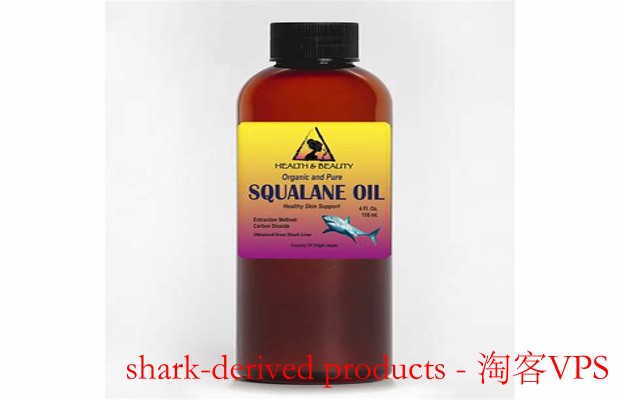Exploring Shark-Derived Products: Benefits, Risks, and Alternatives
Introduction to Shark-Derived Products

Shark-derived products have been utilized in various industries for decades, ranging from cosmetics to pharmaceuticals. These products, derived from various parts of the shark, are believed to offer numerous benefits. However, they also pose environmental and ethical concerns, leading to a growing interest in alternatives. In this article, we will explore the different types of shark-derived products, their uses, benefits, risks, and the emerging alternatives.
Types of Shark-Derived Products
Shark Liver Oil
Shark liver oil is extracted from the livers of sharks and is rich in alkylglycerols, which are believed to boost the immune system. It is commonly used in dietary supplements and skincare products.
Shark Cartilage
Shark cartilage is often marketed as a supplement that supports joint health and may have anti-cancer properties. It is available in powder or capsule form.
Shark Fin Products
Shark fins are primarily used in culinary dishes, most notably shark fin soup, which is considered a delicacy in some cultures. The harvesting of shark fins has led to significant environmental concerns.
Benefits of Shark-Derived Products
Shark-derived products are often touted for their health benefits. For instance, shark liver oil is valued for its high content of omega-3 fatty acids, which promote cardiovascular health. Shark cartilage is marketed for its potential anti-inflammatory properties, and shark fins are believed to provide various health benefits, although scientific support is limited.
Risks and Ethical Considerations
The production and consumption of shark-derived products raise several environmental and ethical issues. Overfishing of sharks for their fins and other parts has contributed to the decline in shark populations, disrupting marine ecosystems. The practice of finning, where sharks are caught, their fins removed, and the sharks are discarded back into the ocean, is particularly controversial and inhumane.
Alternatives to Shark-Derived Products
In response to the environmental and ethical concerns associated with shark-derived products, there is a growing interest in sustainable alternatives. Plant-based supplements that provide omega-3 fatty acids, such as flaxseed or algae oil, are gaining popularity. Additionally, synthetic compounds and lab-grown alternatives are being developed to replicate the beneficial properties of shark cartilage without harming marine life.
Plant-Based Supplements
Plant-based supplements offer a sustainable alternative to shark-derived products. Algal oil is a particularly promising source of omega-3 fatty acids and is environmentally friendly.
Synthetic and Lab-Grown Options
Advancements in biotechnology have led to the development of synthetic alternatives to shark cartilage and other products. These lab-grown options aim to mimic the beneficial properties of natural products without negatively impacting shark populations.
Conclusion
Shark-derived products offer a range of uses and benefits, from health supplements to luxury foods. However, the environmental and ethical implications of their production cannot be ignored. As awareness grows, so does the demand for sustainable and ethical alternatives. By choosing these alternatives, consumers can help protect shark populations and promote marine conservation efforts.

